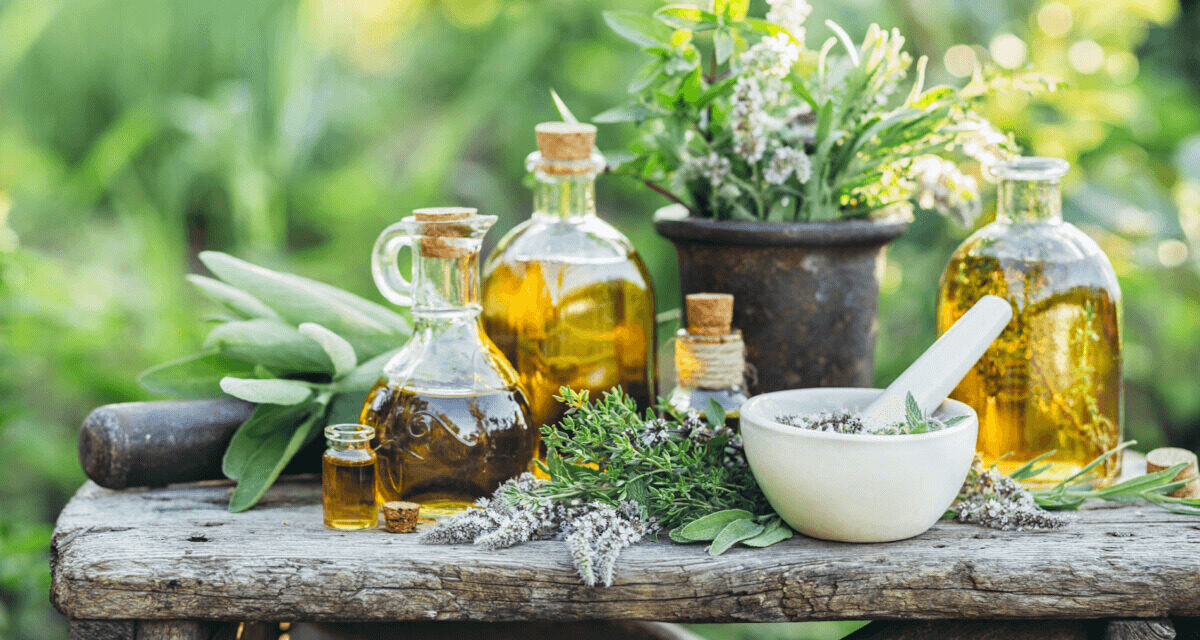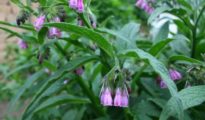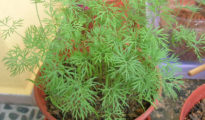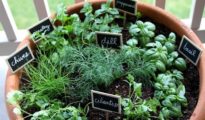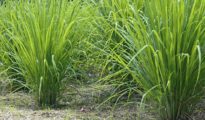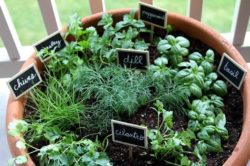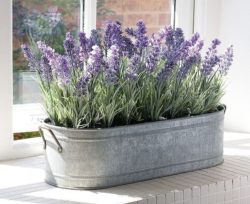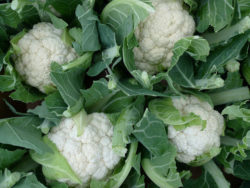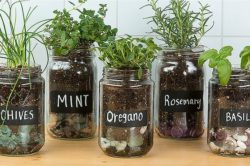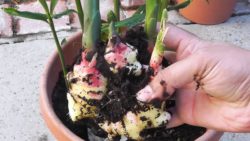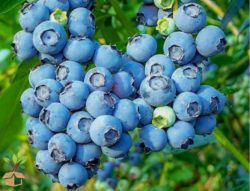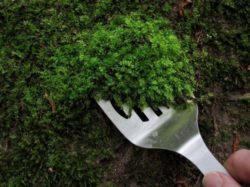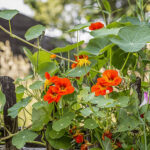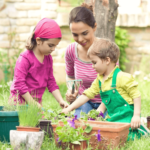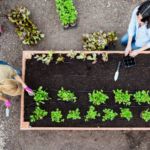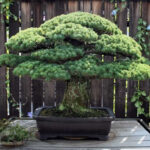We live in a time where quick fixes in pill bottles are the norm. Yet, our ancestors relied on nature's pharmacy, using plants to heal and nourish the body. As we strive for a balanced and sustainable lifestyle, many are looking back to these ancient practices. A medicinal herb garden is not just a garden; it's a tangible connection to our past, a healthful resource for the present, and a promise to the future. Let’s embark on the journey of planting one at our doorstep.
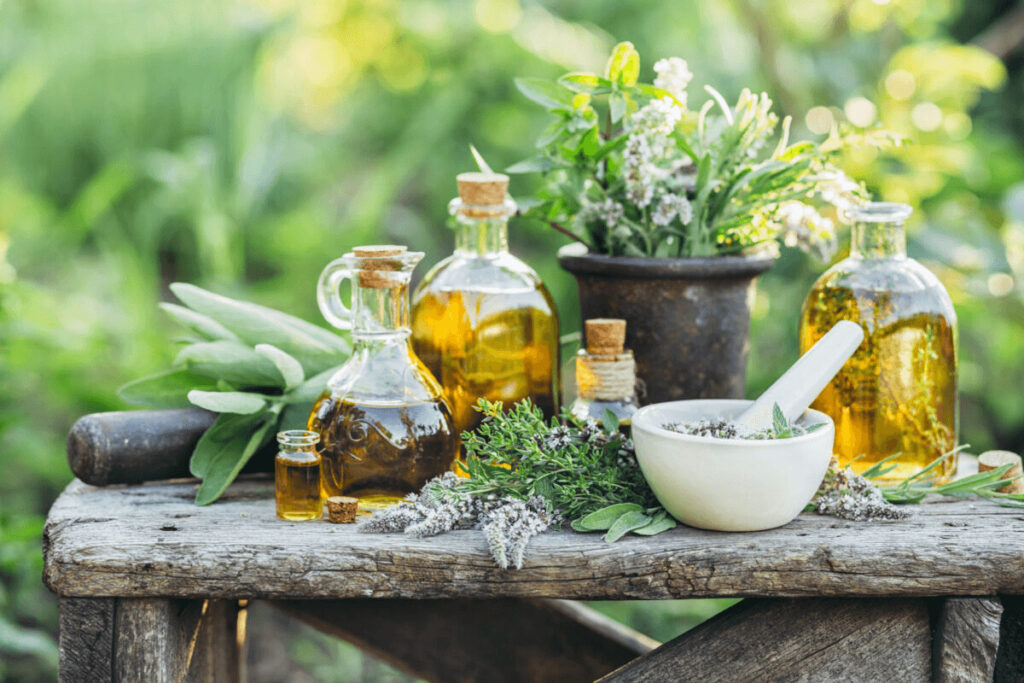
Why Plant a Medicinal Herb Garden?
1. Natural Remedies: Medicinal herbs can offer remedies for common ailments like coughs, headaches, and digestive issues.
2. Sustainability: Growing your own herbs reduces the demand on commercially produced medications, cutting down on packaging and carbon footprint.
3. Education: It’s an opportunity to learn and pass down knowledge about traditional remedies.
Steps to Planting a Medicinal Herb Garden
1. Determine Your Zone and Conditions
Before selecting your herbs, understand the growing conditions of your region. The USDA Plant Hardiness Zone Map is a helpful tool. Also, consider the quality of your soil, sunlight exposure, and water accessibility.
2. Choose Your Herbs
Start with some basic herbs, and as your confidence grows, expand your garden. Here are some popular options:
- Chamomile: Known for its calming properties, it's great for teas to soothe upset stomachs or promote sleep.
- Calendula: With beautiful orange blooms, its petals can be used in balms for skin issues.
- Peppermint: Excellent for digestion, headaches, and respiratory issues.
- Echinacea: Boosts the immune system and combats colds.
- Lavender: A beautiful herb with relaxation properties. It’s also great for skin.
- Lemon Balm: A mood enhancer and anti-viral, it’s also good for digestion.
3. Layout and Design
- Raised Beds: This is a popular choice due to better soil control and drainage.
- Traditional Garden Beds: Great for larger plots. Ensure good spacing and pathways.
- Containers: For those with limited space, containers can be placed on patios or balconies.
4. Planting and Care
- Soil: Ensure you have a rich, well-draining soil. Compost is a great additive.
- Watering: Be consistent. Most herbs prefer a good soak less frequently over daily light watering.
- Sunlight: Most medicinal herbs thrive in full sun, but some may require partial shade.
- Pruning: Regular pruning encourages growth and allows the plant to focus its energy on producing medicinal compounds.
5. Harvesting
- Harvest in the morning after dew has evaporated.
- For leaves, pinch them off as needed. For roots (like ginger or turmeric), they're best harvested at the end of the season.
6. Preservation
If you can't use your herbs immediately, consider:
- Drying: Hang bundles in a dry, cool place.
- Freezing: This can preserve the potency of certain herbs.
- Tincturing: Using alcohol or glycerin, you can extract and preserve the medicinal compounds.
Deep Dive: Understanding Your Medicinal Herb Garden
The Historical Perspective
Medicinal gardens are as old as civilization itself. The ancient Egyptians, Chinese, Greeks, and Romans all had detailed knowledge of plants' therapeutic properties. Monastic gardens in medieval Europe were a haven for medicinal plants, with monks pioneering early botanical studies. When you cultivate a medicinal herb garden, you're participating in a tradition spanning millennia.
Holistic Health and Wellness
Beyond just treating illnesses, herbs also promote overall health and wellness. For instance, Holy Basil (Tulsi) doesn’t just alleviate stress; it supports a balanced response to stress, modulating cortisol levels. This holistic approach treats the person as a whole, not just the symptoms.
Soil Health: The Base of Your Garden
Understanding and nurturing your soil is paramount. Different herbs have varied nutrient needs. Regularly testing your soil can give insights into its health. Adding natural compost not only provides nutrition but also improves soil texture and microbial life. Healthy soil leads to robust plants, which translates to a higher concentration of medicinal compounds.
Pest Management
Pests can be a challenge, but they also offer an opportunity to practice sustainable gardening. Instead of chemical pesticides, consider:
- Beneficial Insects: Ladybugs and praying mantises are natural predators for many garden pests.
- Companion Planting: Some plants, like marigolds, repel pests and can be planted alongside your herbs.
- Natural Sprays: Neem oil or diatomaceous earth can be effective against a range of pests.
Continuous Learning
While starting with basic herbs is recommended, as you gain experience, delve into ethnobotanical texts, and learn about lesser-known herbs. Maybe you'll discover a local plant with medicinal properties or an exotic one you can cultivate in a pot.
Safety First
While many herbs are beneficial, it's essential to remember that they're potent. Just as pharmaceutical drugs can interact with one another, so can herbs. Pregnant or breastfeeding women, people on medications, or those with chronic illnesses should always consult with a healthcare professional before using herbal remedies.
Building Community
Gardening is a wonderful way to build community. Consider hosting workshops, where you and your neighbors exchange seeds, cuttings, or knowledge. Community gardens can also have a dedicated space for medicinal herbs, benefiting many.
Final Thoughts
A medicinal herb garden, while deeply rooted in the past, is incredibly relevant today. As we navigate a world where sustainability and wellness are intertwined, such gardens offer healing not just for the individual, but for the planet. They're a testament to nature's incredible bounty and a reminder that sometimes, the best medicine is right under our feet.
Planting a medicinal herb garden offers numerous benefits, from the joy of gardening to the satisfaction of creating natural remedies. As with all health matters, it's essential to do your research or consult professionals before using any herb as a treatment. By cultivating these plants, we not only care for our health but also honor the timeless bond between humans and the healing power of nature.

